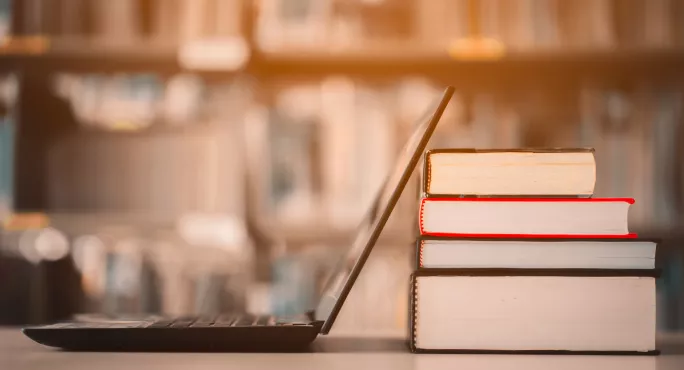Since I became a teacher, I have been a passionate advocate for the use of digital technology and its potential to enhance and transform education. The power of digital technology for creativity, collaboration, critical thought and communication had the potential for a paradigm shift in education.
I was fully convinced of the power that digital technology could wield and I involved myself in every opportunity I could find to raise the profile of digital learning. However, despite some memorable and exciting experiences, the digital utopia that was envisaged never came to fruition and the pace of change was glacial at best.
Then, of course, the events of 2020 came to pass, which have catalysed a digital revolution in the world of education.
Online learning reports: What you need to know
Scottish Budget: Six ways Covid has hit poorer pupils the hardest
Opinion: ‘The expectations of online learning are higher’
Before Covid: Why teachers should be wary of tech’s ‘seductive power’
Innovative use of technology has now moved from something that only a select few are confident experimenting with, to standard practice for every member of staff in the school. Video calls, online collaboration, prerecorded lessons, real-time interactivity and other innovations are all part of a typical working week now.
The power of technology in education
Digital technology has never, in my experience, been more widely used for such a sustained period of time. I should be thrilled. This is what I have been desperate to see in education since I started teaching. However, I am left feeling incomplete and hollow at times. A similar feeling to when I finish a whole tube of Pringles in one sitting all by myself: yes, I really wanted them and they were fantastic, but it wasn’t good for me and I am left wanting something more wholesome and healthy.
Anyone who ever espoused the possibilities of embracing digital technology never considered a situation like we are facing today. While we could revel in the digital revolution, and look to the future with hope and excitement, we need to critically reflect on the rapid upskilling we have gone through as a profession, and consider how best we take elements of this forward.
The seductive charms of technology need to be viewed with a critical consideration when we return to normal. Just as survivors of a shipwreck would never choose to live out their days on the lifeboat, we must not let this new relationship we have with technology become normal.
As Ebenezer Scrooge was faced with the Ghost of Christmas Yet to Come, I feel like I have gone through a similar life-changing epiphany with my experience of remote learning. Digital technology is powerful, exciting and at times transformational; however, it is not the be-all and end-all.
The need for human interaction
The beauty and joy that comes from building relationships with children and young people in school can never be replaced or fully replicated by technology. The human exchanges at the heart of education are the real driving force behind schools and education: simple yet significant actions that were once taken for granted but are now remembered with a sense of nostalgia at something lost: whole-school assemblies with everyone uncomfortably crammed into the hall to sing a song together; sports day; a knowing nod across the room to a child who has just understood the connection between fractions and decimals; a game of heads down, thumbs up; wet break times; reading a novel to your class and shedding a tear together when a character dies. These are the truly powerful and significant moments that schools are built on.
Arthur C Clarke once said that any sufficiently advanced technology should be indistinguishable from magic. When we do return to something resembling normal school life, I will not forget the incredible role that the technology played in keeping school community alive and connected when forced to stay apart, something very close to magic in my eyes.
However, I will never again underestimate the importance of genuine human connection and the power of unplugged experiences. I will do all I can to promote these moments of genuine magic above all else.
Jude Moir is a primary school depute headteacher in Edinburgh. He tweets @MrJudeMoir

